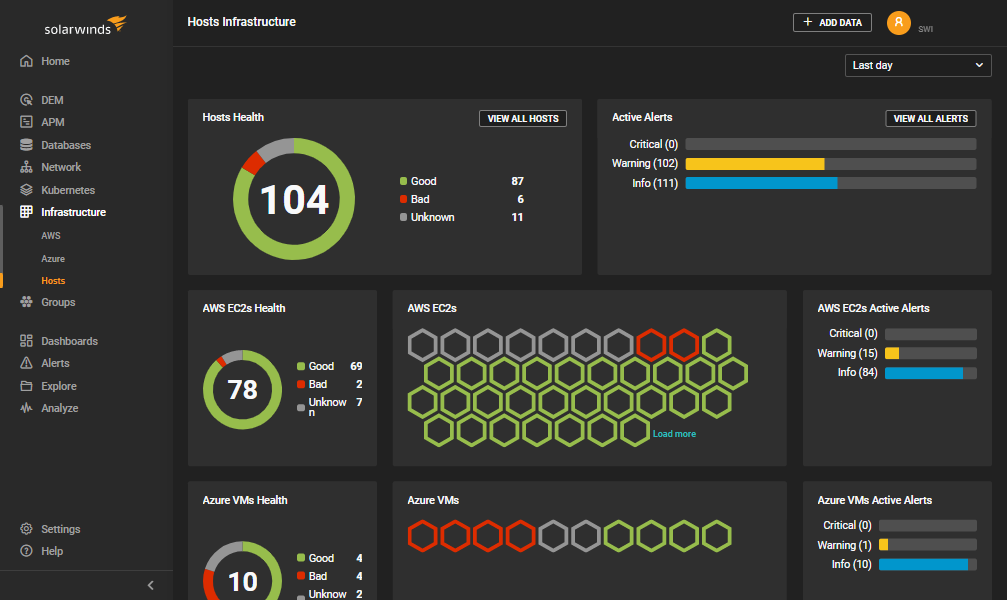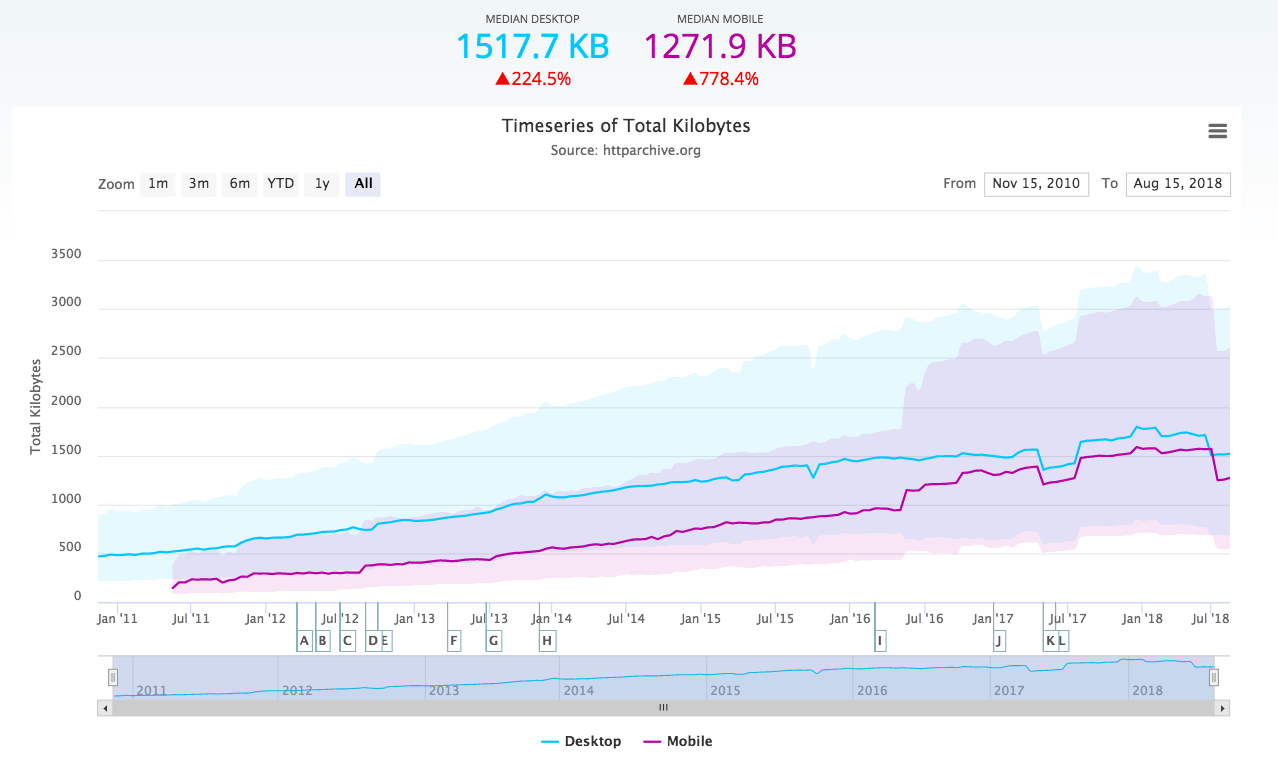Cool examples of public status pages (and thank you for all the kind words)

 Two weeks ago we released the beta of our new public report pages (also known as status pages), and we’ve been overwhelmed by the positive feedback we’ve received from our users.
Two weeks ago we released the beta of our new public report pages (also known as status pages), and we’ve been overwhelmed by the positive feedback we’ve received from our users.






 Amazon recently
Amazon recently  Valentine’s Day is a great day for any vendor selling flowers. Over the years, a large number of websites selling flowers have sprung up, and as you might expect, many of these websites are flooded by eager shoppers on February 14 wanting to buy flowers and gifts for their loved ones.
Valentine’s Day is a great day for any vendor selling flowers. Over the years, a large number of websites selling flowers have sprung up, and as you might expect, many of these websites are flooded by eager shoppers on February 14 wanting to buy flowers and gifts for their loved ones.
 Pardon the wordplay on “dog-eat-dog world,” but as you’ll see it applies perfectly to what is going on with Windows in the desktop OS space.
Pardon the wordplay on “dog-eat-dog world,” but as you’ll see it applies perfectly to what is going on with Windows in the desktop OS space. Think what you will about
Think what you will about 
 As you may have seen in our “
As you may have seen in our “

 The open source movement is a popular one, and it’s certainly made its mark on the software landscape. But where has it made its biggest mark? What is the most successful open source endeavor of all time?
The open source movement is a popular one, and it’s certainly made its mark on the software landscape. But where has it made its biggest mark? What is the most successful open source endeavor of all time?
 The World Wide Web would be nothing without web servers, and Apache has been king of that hill for a long time now. Although its market share has been slipping a bit in recent years, Apache came back with a vengeance in 2010.
The World Wide Web would be nothing without web servers, and Apache has been king of that hill for a long time now. Although its market share has been slipping a bit in recent years, Apache came back with a vengeance in 2010. Android has received plenty of criticism for the way the platform has fragmented over time. Most complaints focus on there being so many different versions of Android out there in the hands of consumers, not to mention the different UI enhancements that different phone makers have added.
Android has received plenty of criticism for the way the platform has fragmented over time. Most complaints focus on there being so many different versions of Android out there in the hands of consumers, not to mention the different UI enhancements that different phone makers have added. If you follow the tech media, you’ll know that every few months, some journalist or blogger will start speculating about the imminent demise of email. Headlines along the lines of “Email is Dying” or “The Death of Email” show up in RSS feeds all over the place. You know the drill. This has been going on for years and we’re surprised this argument hasn’t (pardon the pun) died out by now.
If you follow the tech media, you’ll know that every few months, some journalist or blogger will start speculating about the imminent demise of email. Headlines along the lines of “Email is Dying” or “The Death of Email” show up in RSS feeds all over the place. You know the drill. This has been going on for years and we’re surprised this argument hasn’t (pardon the pun) died out by now.





















